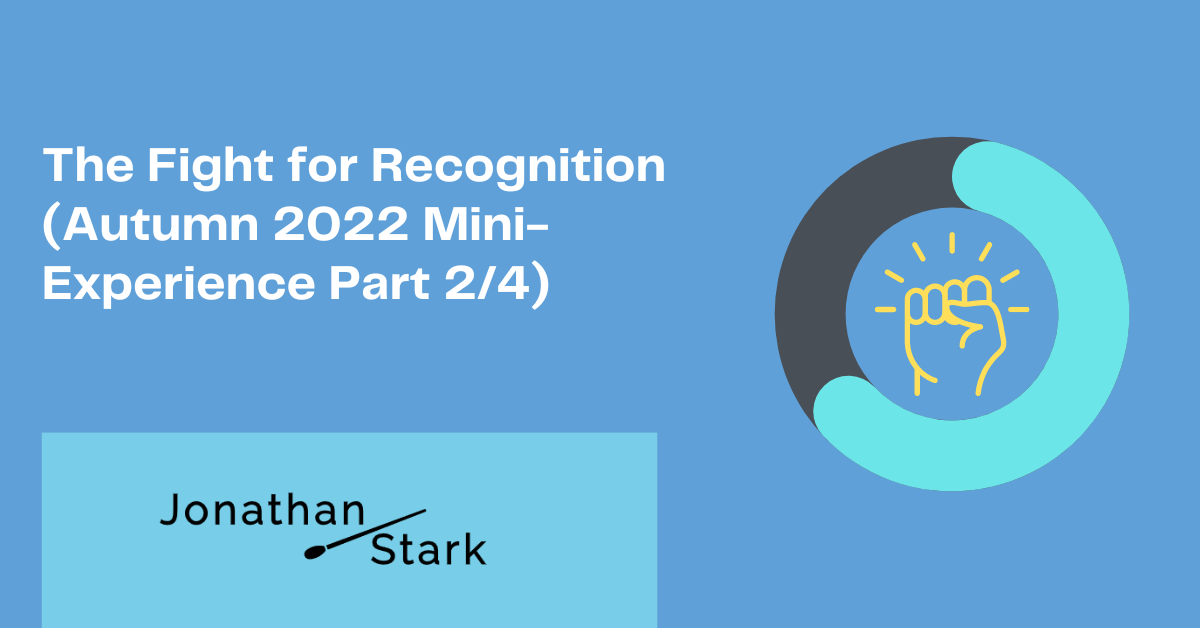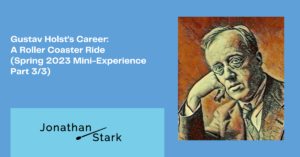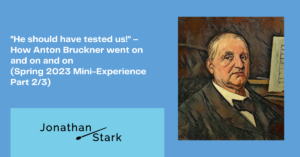This is Part 2 of the Autumn 2022 Mini-Experience. You can read Part 1 (The Groundbreaking Article) here.
In Part 1, you learned that Hugibert Ries stirred up the scientific community with his article in 1872, but that wasn’t really his name.
His real name was Hugo Riemann.
Perhaps you are familiar with the Riemann Musiklexikon. It is still a widely used music encyclopedia today. From this you can already see how important Hugo Riemann became for the music world after his initial articles.
But it was still a very, very long way to go in 1872. A single, albeit groundbreaking, article wasn’t worth much if you wanted to pursue a scientific career. And that’s what Riemann wanted. You only made it when you were appointed to a professorship.
So Riemann’s goal was to become a professor, and as quickly as possible. Two things still had to be done: the doctorate and the habilitation.
That shouldn’t be too difficult for a young wild man who publishes a groundbreaking article at the age of 23, should it?
Far from it.
Riemann wrote his dissertation entitled “On Musical Hearing” and submitted it to the University of Leipzig.
There, however, he had the misfortune of having the Hegelian Oscar Paul review his dissertation. Oscar Paul had just been appointed professor of musicology – and rejected Riemann’s dissertation.
Here Riemann’s career could have come to an abrupt end. The Riemann Musiklexikon would probably never have come into being.
But Riemann did not give up: He submitted his dissertation to another university in the same year, this time in Göttingen. There it was found to be good, so that Riemann received the philosophical doctorate on November 30, 1873.
From then on, things went better: Only five years later, in the fall of 1878, Riemann habilitated. This time even in Leipzig again, but under a different examiner: the musicologist Philipp Spitta, who was much more positively inclined toward Riemann than Oscar Paul.
Within only six years, Riemann had completed his doctorate and habilitation. Nothing now stood in the way of an up-and-coming scientific career. Riemann entered professional life and…
…nothing happened.
The musicologist, who was not even 30 years old, had fulfilled all the requirements, but he simply did not succeed in gaining a professional foothold. Nobody wanted to hire him as a professor. Perhaps because his theses were so unconventional?
What followed was a gauntlet that was to last over 20 years. During this time, Riemann met three people who had a decisive influence on him. These three people are counted among the most important people in classical music today.







